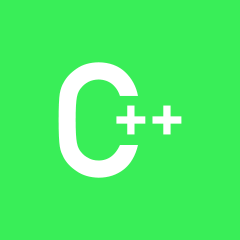最简单,最整洁的C ++ 11 ScopeGuard
我试图基于Alexandrescu概念但使用c ++ 11习惯用法编写一个简单的ScopeGuard。
namespace RAII
{
template< typename Lambda >
class ScopeGuard
{
mutable bool committed;
Lambda rollbackLambda;
public:
ScopeGuard( const Lambda& _l) : committed(false) , rollbackLambda(_l) {}
template< typename AdquireLambda >
ScopeGuard( const AdquireLambda& _al , const Lambda& _l) : committed(false) , rollbackLambda(_l)
{
_al();
}
~ScopeGuard()
{
if (!committed)
rollbackLambda();
}
inline void commit() const { committed = true; }
};
template< typename aLambda , typename rLambda>
const ScopeGuard< rLambda >& makeScopeGuard( const aLambda& _a , const rLambda& _r)
{
return ScopeGuard< rLambda >( _a , _r );
}
template<typename rLambda>
const ScopeGuard< rLambda >& makeScopeGuard(const rLambda& _r)
{
return ScopeGuard< rLambda >(_r );
}
}
这是用法:
void SomeFuncThatShouldBehaveAtomicallyInCaseOfExceptions()
{
std::vector<int> myVec;
std::vector<int> someOtherVec;
myVec.push_back(5);
//first constructor, adquire happens elsewhere
const auto& a = RAII::makeScopeGuard( [&]() { myVec.pop_back(); } );
//sintactically neater, since everything happens in a single line
const auto& b = RAII::makeScopeGuard( [&]() { someOtherVec.push_back(42); }
, [&]() { someOtherVec.pop_back(); } );
b.commit();
a.commit();
}
因为我的版本比大多数示例(例如Boost ScopeExit)短得多,所以我想知道我要保留哪些专业。希望我在80/20的情况下(其中80%的代码具有20%的代码行的整洁度),但我忍不住想知道我是否缺少一些重要的东西,或者是否有一些不足之处提到此版本的ScopeGuard习惯用法
 汪汪一只猫
汪汪一只猫3回答
 随时随地看视频慕课网APP
随时随地看视频慕课网APP
相关分类
 C++
C++